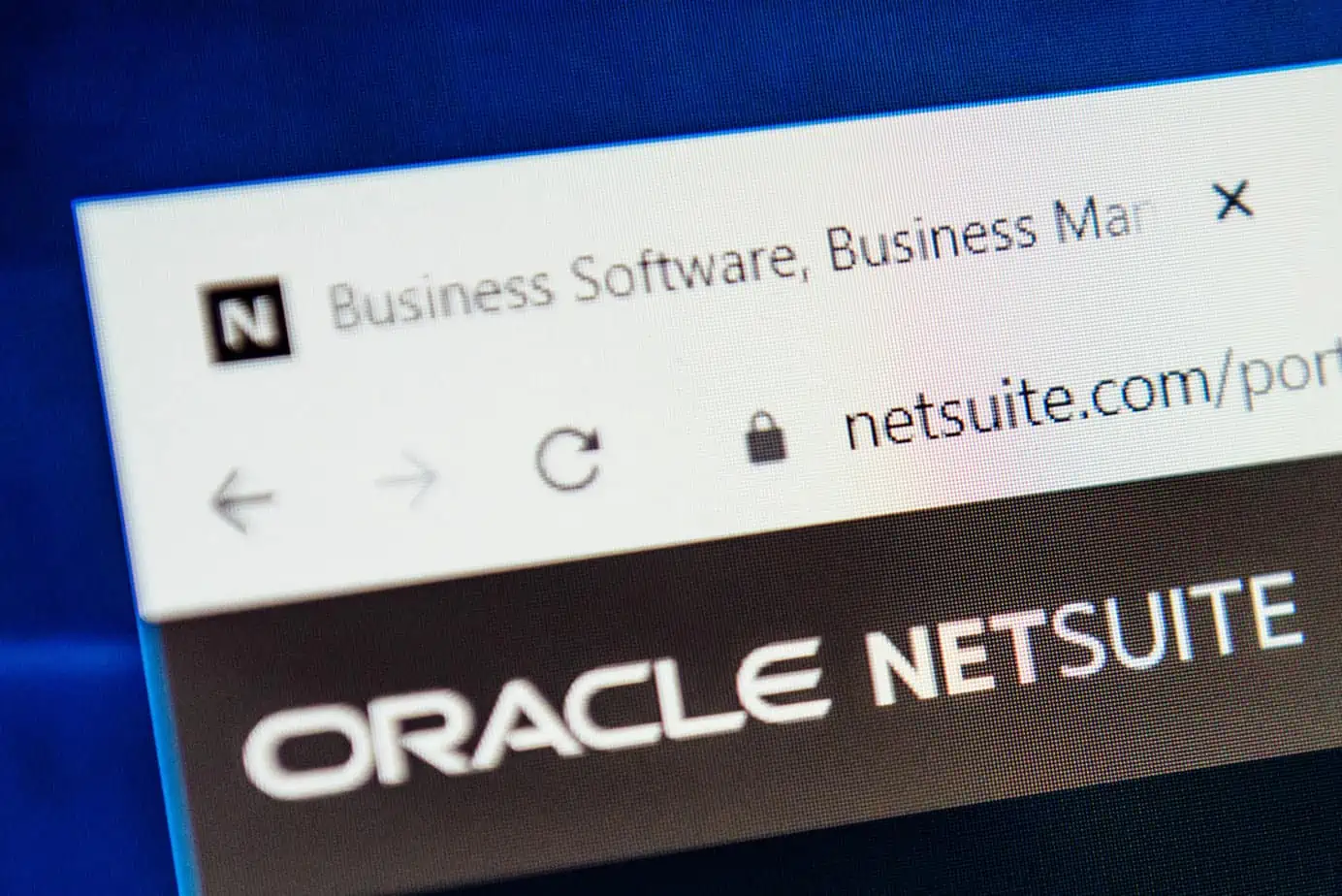For many, NetSuite is considered one of the pioneers of the Cloud industry. From the start, they saw the value of delivering software through the internet, and their efforts quickly paid off when they became public in 2007. Then in 2016, Oracle acquired NetSuite, merging their resources to transform the business.
However, Oracle and NetSuite have been connected from the start.
In this article, you’ll learn more about Oracle’s acquisition of NetSuite, their shared history, and what has transpired since the purchase.
Oracle Buys NetSuite
Back on July 28 of 2016 Oracle revealed that they were entering into a final agreement to acquire NetSuite, which they referred to as the first cloud company. They valued the transaction at $109.00 per share in cash, which approximately was $9.3 billion.
During their press release Mark Hurd, CEO of Oracle expressed that Oracle and NetSuite were complementary to each other, and would continue to coexist forever.
Meanwhile, NetSuite’s founder, Evan Goldberg, commented how NetSuite had been working since its inception to develop a single system for running businesses in the cloud, and that this acquisition would bring them one step closer to that goal.
While both leaders expressed excitement over the impending merge, the deal was not without friction. At the time Oracle’s founder, Larry Ellison, held almost 40% of all NetSuite shares. Because of this, both companies established independent committees to review the deal. While a few of NetSuite’s major shareholders, such as T. Rowe, initially refused to tender their shares, the deal eventually closed on November 7 of the same year.
NetSuite’s History
While Oracle’s acquisition of NetSuite happened in 2016, they had a hand in NetSuite’s creation from the start.
The company that would become NetSuite was founded by Evan Goldberg, back in 1998, with support from Larry Ellison, Oracle’s founder. Through his venture capital entity, Tako Ventures, Ellison provided approximately $125 million in initial backing to Goldberg.
Furthermore, NetSuite’s software used database software licensed from Oracle, as well as key staff that previously worked for Oracle.
At first, the company was known as NetLedger, and it’s considered one of the first companies, if not the first, to offer web-hosted business and accounting applications to users.
Then in July of 2002 McAfee’s General Manager, Zach Nelson was appointed CEO in a move that would skyrocket the company’s growth. Before he joined NetSuite, Nelson led MYCIO.com, a business that provided business applications over the internet. This was a division of McAffee Corp. It was this experience that drove him to join NetSuite, as he now believed that the future of software was internet delivery.
Nelson led the company from $1 million in revenue to a $1 billion run rate, before it was acquired by Oracle.
Then, in December of 2007, NetSuite went public, and their Initial Public Offering (IPO) was 6.2 million shares. That was the moment when the run rate changed from $1 million to $1 billion.
But Netsuite’s growth in 2007 wasn’t exclusively financial. They started a strong growth initiative that included internal hiring, customer growth, a deeper code base, and more functionality.
It was thanks to this initiative that Netsuite developed OneWorld, their largest enterprise product. They also created NetSuite CRM as a lower-cost entry point to the Customer Relationship Management space.
NetSuite’s Acquisitions
Like many tech companies of the time, NetSuite grew significantly through the acquisition of other projects and companies. Shortly after going public, they purchased OpenAir for $26 million, in 2008. This helped them improve their project management capabilities.
Then, in 2013, they purchased TribeHR for an undisclosed amount. That purchase gave them access to a complete human resources management solution. And a couple of years after that they bought Bronto software for $200 million, which gave them the ability to integrate robust marketing capabilities into their systems.
A Year Following the Acquisition
When Oracle’s acquisition of NetSuite was first announced, the tech world believed that this would allow them to accelerate Oracle’s own push into the cloud, as well as service a wider range of customers and expand to more vertical industries.
In 2017 Evan Goldberg sat down with ComputerWorld’s editor-in-chief, Marc Ferranti, to discuss everything that had happened in the first year after Oracle’s acquisition of NetSuite.
During the interview, Goldberg shared that with their increased resources, and thanks to the product mix that Oracle has, they were able to narrow their focus on fast-growing, mid-market companies. Those that need a system that’s sophisticated and robust, yet still easy to sort and implement.
The focus on those types of companies allowed them to also focus on their own product roadmap. In terms of verticals, Goldberg said that these were companies that could be anywhere from 10 million to the hundreds of millions, which were right in that sweet spot between complexity and sophistication.
As for doing things they couldn’t do before, Goldberg mentioned how the merger allowed them to reach out to more countries, get more engineering resources to build their product, and find microverticals in ways they couldn’t as an independent company.
Thanks to the merger, NetSuite started to take advantage of Oracle’s resources to develop integrations with software and products that could help their own goals. For instance, they developed a close integration with Oracle’s Planning and Budgeting Cloud Service, as well as LogFire, a product for warehouse management in the wholesale distribution market.
NetSuite has continued to grow and firmly embed itself in that mid-sized business market thanks to this merger, and Oracle is interested in keeping that market position for NetSuite. NetSuite has always been a company focused on expansion and growth, and it’s unlikely that this will change anytime soon.
Conclusion
While Oracle’s acquisition of NetSuite was done in 2016, the truth is that NetSuite has had Oracle’s DNA from the start. From key executives and funding to using Oracle’s own database software, they were always working together. Now that they are one, they can continue to grow even further and enhance their vision.

